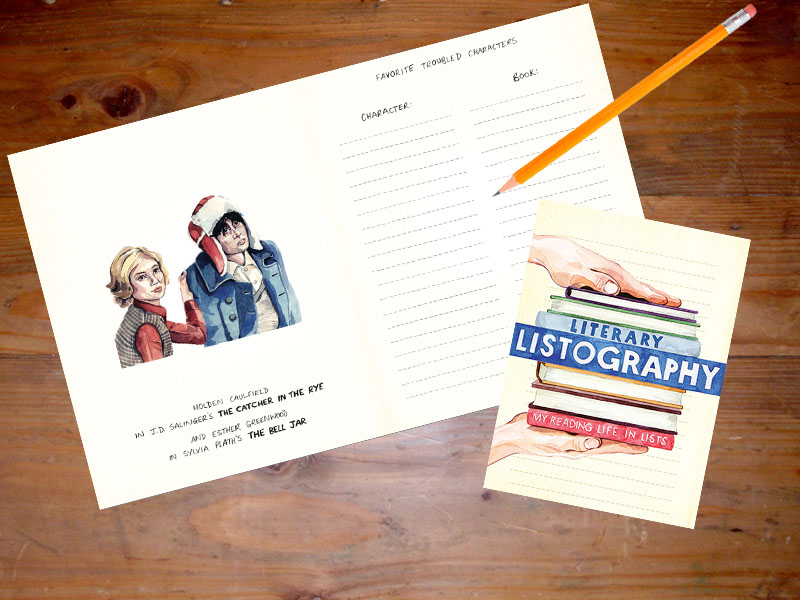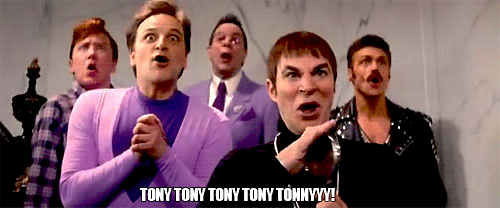Growing up in the South, meat and potatoes/starches were a staple. I don't think I even knew anyone who was a vegetarian until I was well into my 20s. Luckily, time and new experiences have broadened my horizons, and while I still like meat, I've also found that it isn't necessary for every meal. Earlier this month, I had a lovely dinner with two friends who are vegetarians (technically, they are pescatarians), and if anyone could convince me of the wonders of vegetarian eating, it would be them. For this time around, they served a hearty salad that is perfect for summer, and I knew that I needed to recreate it later.
Going from what I knew of the salad (it had tuna, potatoes, greens, asparagus, green beans, herbs, and a vinaigrette), I worked backwards and found some possible starting points. The first recipe that seemed promising was
this one from the BBC Good Food site. While I didn't want the salad to be warm, I was intrigued by the use of pesto as the dressing.
Epicurious also had
a recipe, originally published in
Bon Appetite, and it was closer to what I remembered. However, I don't care for capers, and I wanted to scale down the proportions and cut down on the amount of oil (seriously, the dressing alone has a cup of oil). I also decided to simplify the ingredients list since I didn't have the time to visit Whole Foods for Champagne vinegar and radishes.
The end result was a filling, fresh, and delicious salad that could satisfy even the most dedicated meat lovers. It keeps well and is infinitely adaptable, so feel free to play with the ingredients as you like!
Potato, Asparagus, and Tuna Salad (adapted from BBC Good Food and Epicurious/Bon Appetite)
For the vinaigrette (Note: You might not need to use all of this vinaigrette on your salad depending on your preferences)
- 1/3 - 1/2 cup extra virgin olive oil (start with the smaller amount and add more as you deem necessary. If you like, you can use some of the drained olive oil from the tuna here)
- 2 - 3 tablespoons of red wine vinegar (you can use Champagne vinegar if you have it. Lemon juice would also be refreshing)
- 1 small shallot, minced (or you can use 2 tablespoons of minced red onion)
- 1 tablespoon Dijon mustard
- 1 tablespoon pesto (you can forgo this if you like)
- Herbs to taste (I used chives and parsley)
- Salt and pepper to taste
1. Mix 1/3 cup of olive oil with 2 tablespoons of red wine vinegar and the mustard until the mixture is well-combined.
2. Add the shallot and herbs to the mixture.
3. Taste the vinaigrette and add vinegar and/or olive oil as needed.
4. Add salt and pepper to taste. However, you might want to go easy on the salt for now - the tuna will have quite a bit of salt in it.
For the salad
- 1 pound of asparagus, trimmed and steamed or roasted and cut into 1 inch pieces
- 3/4 pound of potatoes (new potatoes are nice!), boiled and cut into 1 to 2 inch chunks
- 1 pint (approximately 3/4 - 1 pound) of cherry tomatoes, halved (I roasted mine in a little olive oil, but you don't have to)
- 2 hard-boiled eggs, peeled and chopped into small pieces
- 6 ounces of tuna packed in olive oil, drained (use more or less as desired - I use 6 ounces)
- 4 - 5 oz. of mixed greens
- 1/4 cup of pine nuts
- Other possible possible add-ins: red onion, cooked fresh green beans, olives, fresh mozzarella, cucumbers, roasted red peppers
*The potatoes don’t have to be used, but, if you don’t use them, the salad won’t be as hearty (it would likely be more of a side dish than a main course). If you don’t use the potatoes, you won’t need all of the vinaigrette. Also, you could replace the potatoes with croutons or pieces of toasted bread and make this similar to a panzanella, but this won’t keep as well.
1.In a large bowl, combine the asparagus, tomatoes, herbs, eggs, and onion, and toss gently.
2. Drizzle on approximately 1/3 of the vinaigrette and toss to combine the ingredients and to evenly coat them with the vinaigrette.
3. Dress the potatoes (if using) with 1/3 of the vinaigrette (they will absorb quite a bit of the vinaigrette, which is why I like dressing them separately from the rest of the veggies). Add the dressed potatoes to the other dressed vegetables.
4. Flake or chunk the drained tuna. You can either mix it into the vegetables or serve it on top of the vegetables.
5. Dress the mixed greens with the remaining vinaigrette. You can either toss these greens into the vegetables or use the greens as a bed for the other vegetables and the tuna.
6. Top the salad with pine nuts (toasted if desired).









